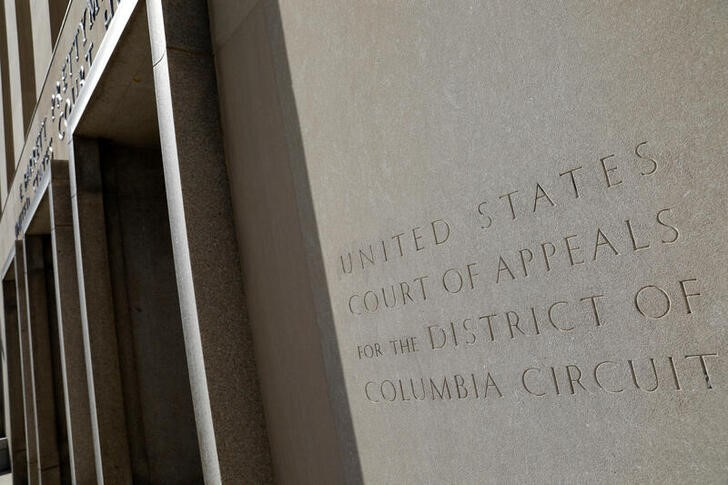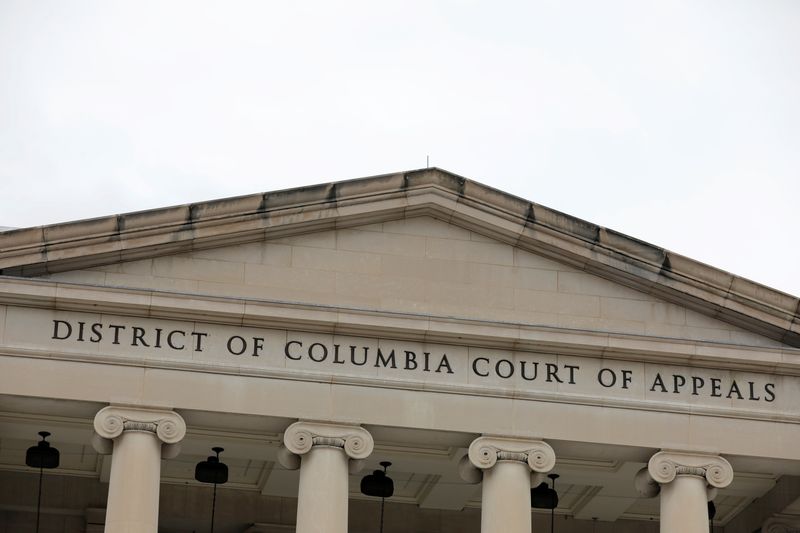By Jonathan Stempel
(Reuters) -A federal appeals court on Tuesday refused to hold five major technology companies liable over their alleged support for the use of child labor in cobalt mining operations in the Democratic Republic of the Congo.
In a 3-0 decision, the U.S. Court of Appeals for the District of Columbia ruled in favor of Google parent Alphabet (NASDAQ:GOOGL), Apple, Dell Technologies (NYSE:DELL), Microsoft (NASDAQ:MSFT) and Tesla (NASDAQ:TSLA), rejecting an appeal by former child miners and their representatives.
The plaintiffs accused the five companies of joining suppliers in a "forced labor" venture by purchasing cobalt, which is used to make lithium-ion batteries that are widely used in electronics. Nearly two-thirds of the world's cobalt comes from the DRC.
According to the complaint, the companies "deliberately obscured" their dependence on child labor, including many children pressured into work by hunger and extreme poverty, to ensure their growing need for the metal would be met.
The 16 plaintiffs included representatives of five children who were killed in cobalt mining operations.
But the appeals court said buying cobalt in the global supply chain did not amount to "participation in a venture" under a federal law protecting children and other victims of human trafficking and forced labor.
Circuit Judge Neomi Rao said the plaintiffs had legal standing to seek damages, but did not show the five companies had anything more than a buyer-seller relationship with suppliers, or had power to stop the use of child labor.
She added that many other parties are responsible for labor trafficking, including labor brokers, other cobalt consumers and the DRC government.
"Without more specific allegations, the question is whether the tech companies' purchasing an unspecified amount of cobalt from a supply chain originating in DRC mines plausibly demonstrates 'participation in a venture' with anyone engaged in forced labor in that supply chain," Rao wrote. "We hold that it does not."
Terry Collingsworth, a lawyer for the plaintiffs, in an email said his clients may appeal further, and could file new lawsuits if the companies' conduct met the court's test.
The decision provides "a strong incentive to avoid any transparency with their suppliers, even as they promise the public they have 'zero tolerance' policies against child labor," he said. "We are far from finished seeking accountability."
Dell said in a statement it was committed to upholding the human rights of workers throughout its supply chain, and has never knowingly sourced products made with child labor.
Google had no immediate comment. Apple, Microsoft, Tesla and their respective lawyers did not respond to requests for comment.
Tuesday's decision upheld a November 2021 dismissal by U.S. District Judge Carl Nichols in Washington.

The cobalt suppliers included Eurasian Resources Group, Glencore (OTC:GLNCY), Umicore and Zhejiang Huayou Cobalt, court papers show. None was named as a defendant.
The case is Doe 1 et al v Apple Inc (NASDAQ:AAPL) et al, D.C. Circuit Court of Appeals, No. 21-7135.
